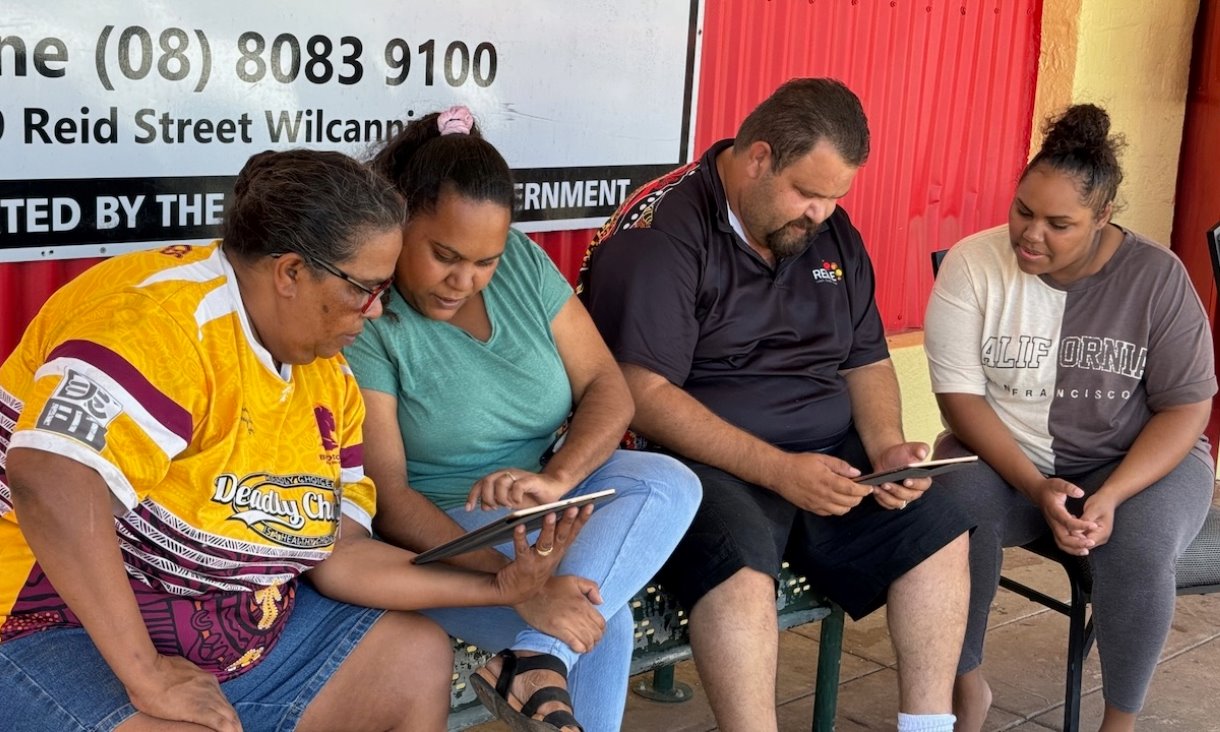RMIT’s Screen and Sound Cultures is a collaborative research group for scholars and creative practitioners working across a variety of media related fields.
The VFI was established in 1979 and aims to preserve cinematographic materials to teach the public about Vietnamese film culture and heritage. The institute’s collection currently includes more than 100,000 feature films and other videos, including 35mm, 16mm plastic film and VHS formats.
“We are very passionate about collecting and trying to preserve all these very important resources”, the Director of the Vietnam Film Institute, Mr. Hùng Vũ Nguyên, said.
As a global university with two campuses in Vietnam, RMIT has long fostered a strong and important relationship between Australia and Vietnam through education.
John Donnelly, Acting State Director in Victoria State Office, Department of Foreign Affairs and Trade also spoke at the event where he talked of Australia and Vietnam’s strong relationships and people to people linkages. Donnelly also noted RMIT Vietnam’s 6,000 students and more than 13,500 graduates, marking a “significant commitment by RMIT to engage within Vietnam over the years.”
In sharing these films with international institutes, such as RMIT, the VFI is also able to expand viewership of Vietnamese cinema globally.
“We hope that these screenings, will allow audiences to get to know about us as Vietnamese people, our culture and history,” Nguyên said.
Both RMIT and the VFI are looking forward to more opportunities to further their relationship and continue to share compelling cultural artefacts.
Story and photo: Marie-Elise McCallum, Bachelor of Communication (Media) Student



